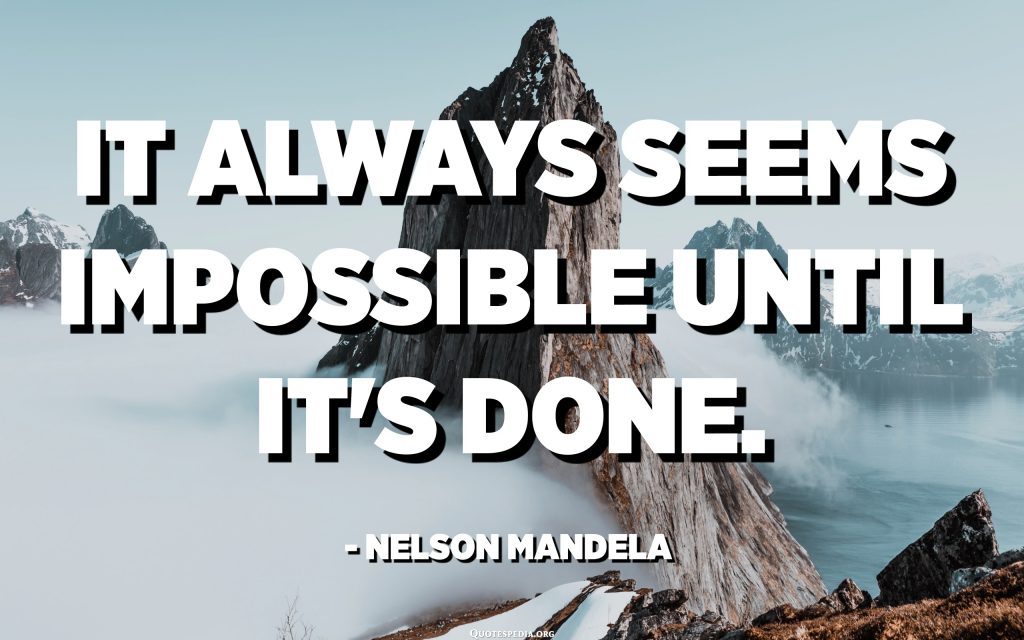A few weeks ago, my daughter generously bought me a new coffeepot. I had mastered the old one pretty well, but the new one and I argued until I could fully obey its whims. One of which is that it doesn’t have an automatic shut off if brewing a full pot and the pot is removed. And, friends, my brain cells need that dose of caffeine to wake up and have a meaningful exchange with the world.
I woke up, walked out to set up a pot of coffee for the day, and headed out the door to walk the dog. When I came back, I realized that I’d done everything except insert the pot in the coffeemaker. I luckily only lost a cup or so, but it was all over the counter. Hopefully, I’ve learned my lesson: set up the coffeemaker the night before, while my brain cells are still talking to each other.
I go through similar break-in periods with other new things; electronic devices, exercise bikes, vehicles. I have to pay attention to what they are trying to teach me, or it doesn’t become a habit. And inevitably, if I don’t develop the habit, I’m more likely to screw things up. I have to learn how things work before we’re totally copacetic.
So you’d think that since I’ve had this same body for the past 60 years, I’d know exactly how it works at all times, but that’s not so. On the outside, the science surrounding our bodies is constantly evolving, and what we thought was true even a decade ago doesn’t necessarily hold true today. We’re in a constant process of discovery. Time changes such things; while recent changes are more subtle, we know now that bleeding patients with fleams to relieve them of their evil “humors” isn’t a good thing to do.
Likewise, over the course of just the last twenty years, I’ve learned that a calorie is a calorie is a falsehood for how my body works. My body does totally different things with three hundred calories of rare steak than three hundred calories of chocolate malt. Learning how my body stores fat, and then uses it, is a constant process because my body constantly changes. What worked for me to lose weight at 371 pounds doesn’t work nearly as well, now. My body has changed, and adapting to how it works at present, and discovering the best methods to move forward, are critical to success.
Atkins followers referred to this as “the golden shot” — meaning you get one chance to use the system to lose weight, and if you must do it all again, it’ll be a bigger challenge.
I believe, especially after having gone through any variety of diets over the course of my adult life, that as our bodies age, they change, and what worked before relied on what our body circumstances were at the time. Those circumstances may have changed slightly or massively; as an adult with metabolic syndrome, I’m pretty sure that being morbidly obese for decades changed my physiology to a point where everything I do to lose weight is more of a fight than it used to be. None of us are getting any younger, after all; pretty much everything I did 20 to 40 years ago was a lot easier, then!
I also think caution is in order any time we convince ourselves that failing after a first attempt dooms us to a life of difficulty. Had I believed that when I started this journey, I would have just convinced myself to accept my lot in life and not bother making the effort. Who knows where I’d be, now, if I were even alive. That’s a defeatist attitude; believing you can actually do something that seems impossible at the outset becomes even more important after you prove to yourself it’s possible.
Adapting means erasing that doubt and believing that achieving such changes can be effective and permanent. Accepting that there’s really never One Golden Shot, and instead, a limitless number of daily opportunities to change, makes much more sense.
